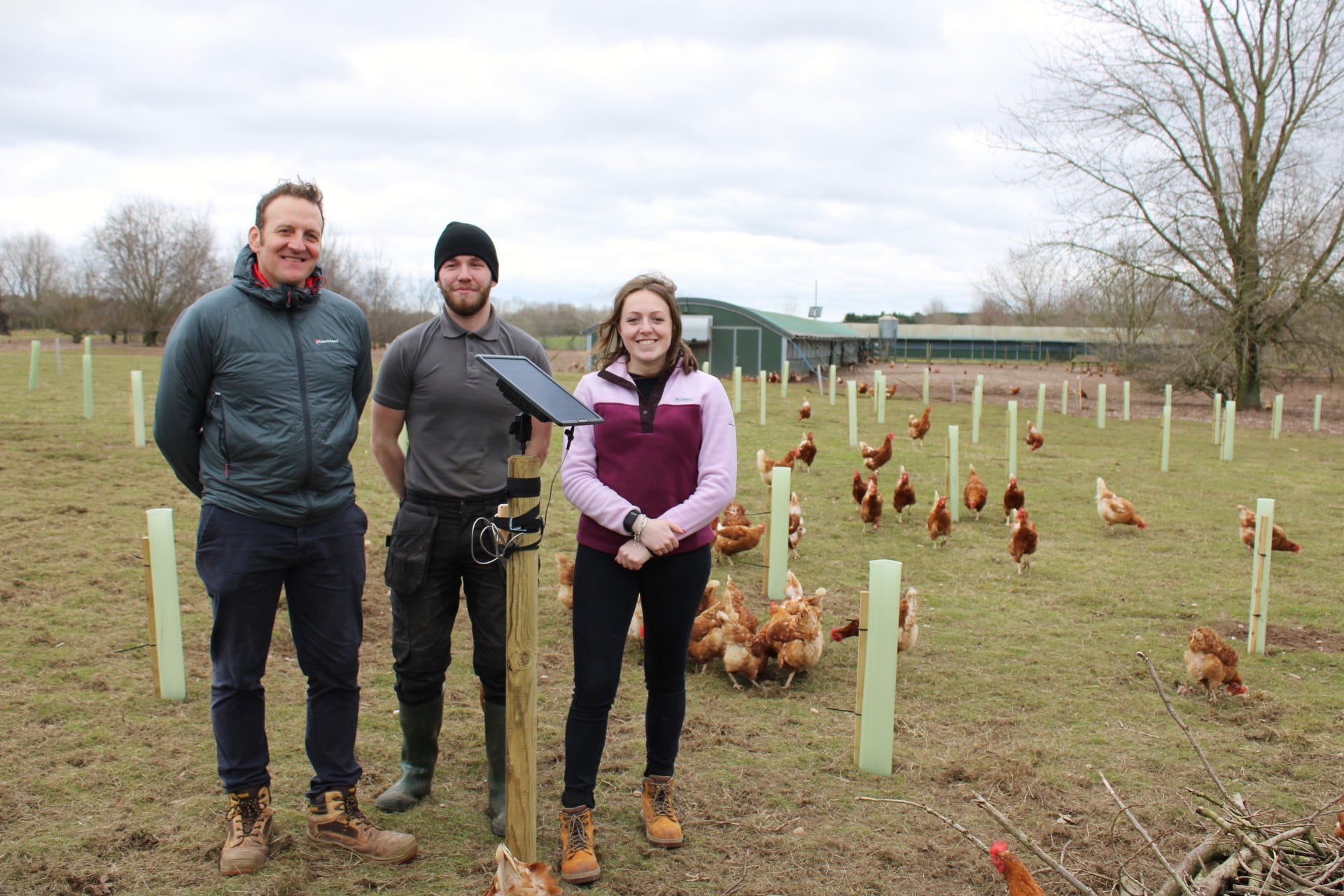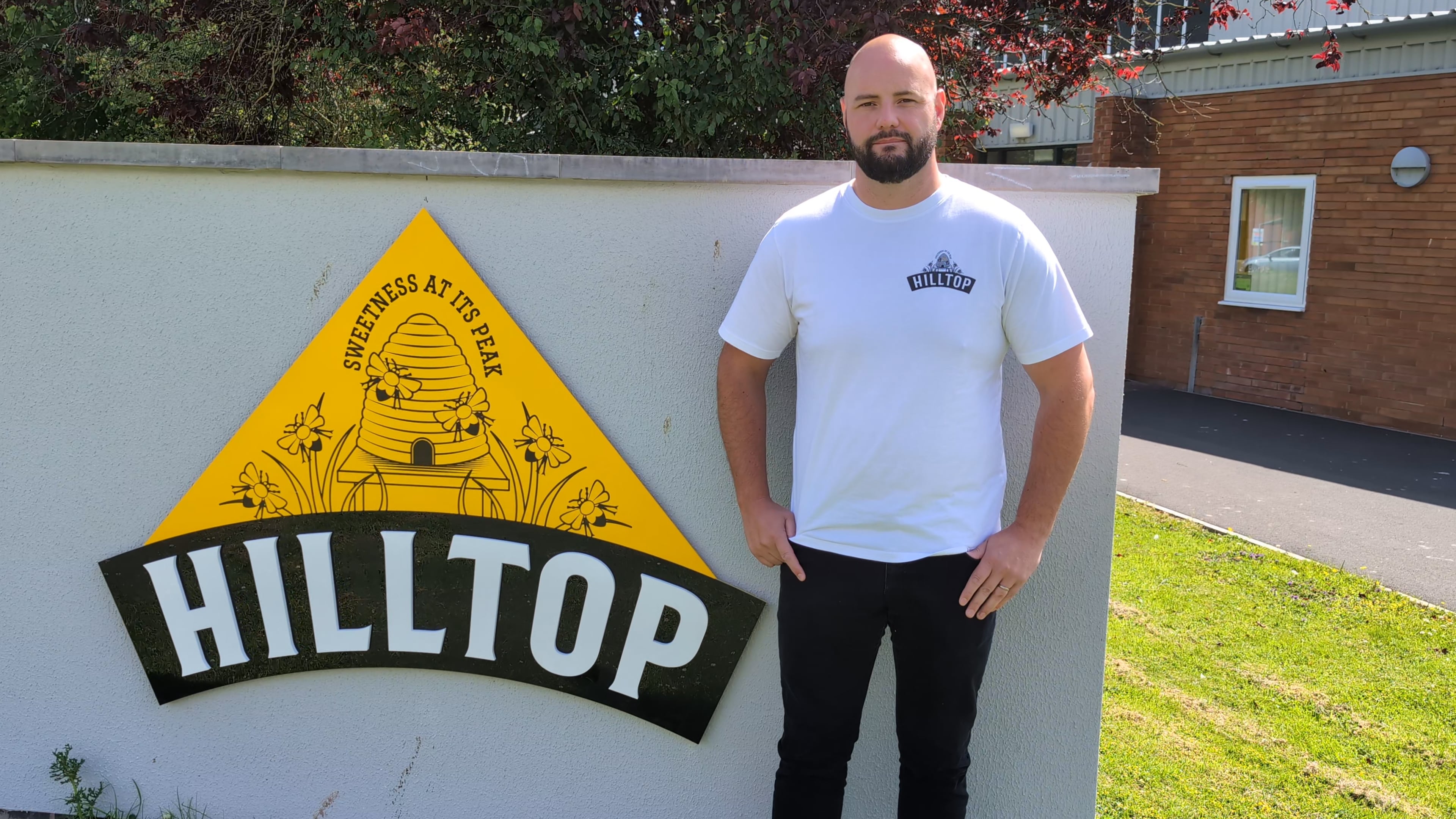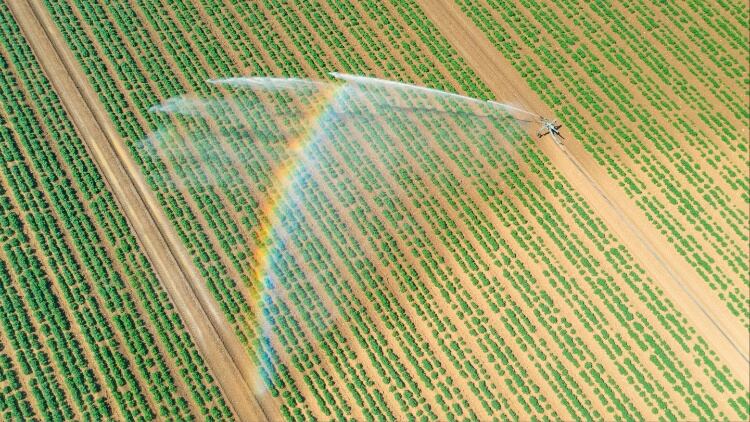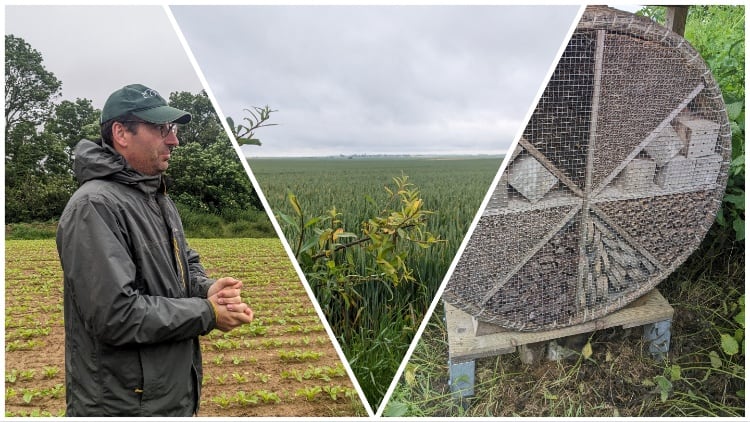This pilot project will deliver real-time insights into bee activity, helping the egg producer enhance its biodiversity action plans and provide robust data to support the company’s environmental commitments.
The project is part of a wider biodiversity action plan aimed at regenerating habitat diversity across Noble Foods’ farms. As part of the project, the company has enhanced hedgerows, planted wildflower meadows, installed nesting sites for birds and bats and created shelter for invertebrates.
Valuable insights
By trialling these methods and monitoring their effects, the project will provide valuable insights into how sustainable farming practices can support thriving ecosystems while maintaining high organic standards.
Commenting on the project, agricultural sustainability manager Emily Marshall said: “The biodiversity levels on our farms are incredibly important to us, and to our customers. Our farmers work intrinsically with the land, so to be the first in our sector to be using this technology, we’re ensuring our biodiversity efforts are backed by robust science and real-world data.”
Should the project prove successful, it could pave the way for the wider adoption of pollinator monitoring across Noble Foods’ supply chain. As demand grows for greater transparency on sustainability and support for improved biodiversity levels, Noble Foods hoped the project could lead the way in ‘nature-friendly’ farming.
Meaningful environmental improvements
Casey Woodward, CEO and founder at AgriSound, added: “By using real-time pollinator monitoring, Noble Foods is playing a vital role in understanding how pollinator levels are changing across their supply base and how to intervene to make meaningful environmental improvements. We are delighted to partner with Noble Foods on this new exciting initiative.”
Pollinators are essential for food production, supporting around 75% of crops, yet populations are in decline, with 35% of species at risk of extinction.
As part of its environmentally-conscious Purely Organic brand, Noble Foods has already introduced habitat restoration measures, including bee and butterfly banks at two of its farms in Nottinghamshire.
Meanwhile, Jonathan Birch, professor of Philosophy at LSE whose work led to the extension of the Animal Welfare (Sentience) Bill which now protects creatures including octopuses, crabs and lobsters, explores how the UK can lead on insect welfare.
What is bioacoustics?
Bioacoustics is the study of the production, transmission, and reception of animal sounds in nature. It provides scientists, researchers and government agencies with insight into species diversity, habitat health, wildlife behavior and more.





